1. Hand-Crank Blenders
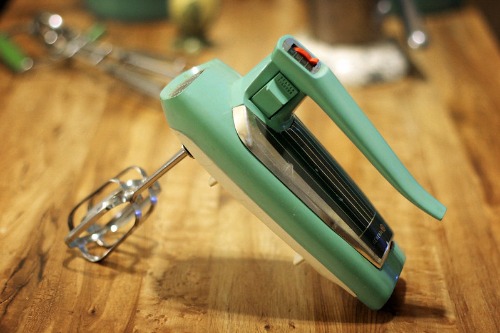
On paper, a hand-crank blender sounds like the perfect eco-friendly gadget. You throw in your ingredients, crank a few times, and voilà—smoothie time. The reality is that these blenders require a lot of physical effort for very little payoff. You’ll end up with a chunky mess more often than not, and your arm will be sore before breakfast is even ready.
They’re also not built for longevity the way a simple whisk or mortar and pestle is. The cranks and gears wear down quickly, especially if you try to blend anything harder than a banana. In an off-grid situation, where repairs are tricky, that’s a real drawback. You’d be better off with manual tools that can actually last.
2. Solar-Powered Showers
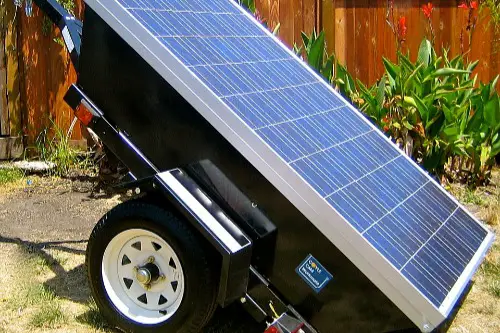
Solar-powered shower bags promise warm water in the wilderness, but they’re finicky at best. They rely heavily on perfect weather—cloud cover or even a slightly cooler day means your “hot” shower is barely lukewarm. And once the water cools down, you’re stuck unless the sun decides to cooperate again. That’s a frustrating gamble when hygiene is a priority.
The bags themselves are often flimsy, with seams that split after a few uses. Even when they work, gravity-fed pressure is so weak that rinsing shampoo can take forever. They also need to be hoisted up high, which is tricky without a solid structure. A simple pot of heated water and a cup usually works better.
3. Off-Grid Washing Machines
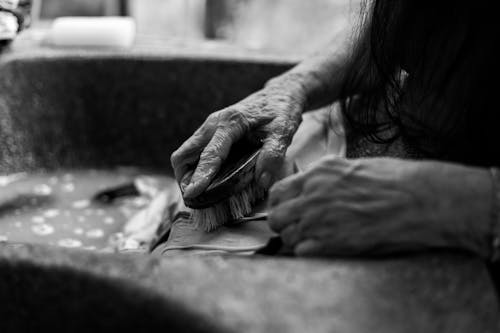
Crank-powered or pedal-powered washing machines sound romantic, but they’re usually more effort than they’re worth. They often only handle tiny loads, so you’ll be cranking away for ages if you’re washing for more than one person. And the cleaning power is nowhere near what you’d get from even basic hand-washing with a washboard. The novelty wears off quickly once you realize how inefficient they are.
They also tend to break down faster than low-tech methods. The seals, handles, and gears aren’t designed for constant heavy use. Replacement parts are hard to find when you’re off-grid, and repair skills are specialized. In the end, a tub, water, and elbow grease do the job better.
4. Tiny Folding Stoves
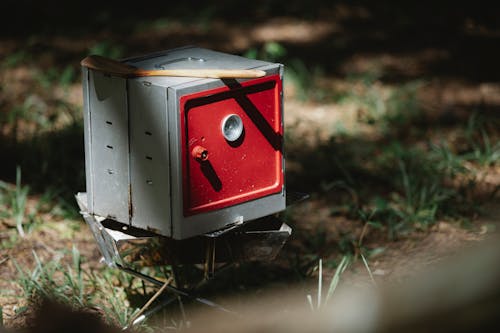
Pocket-sized stoves seem like a miracle until you try cooking a real meal on one. They’re fine for boiling a cup of water but terrible for anything else. The heat distribution is uneven, which makes burning your food a constant risk. Plus, they’re incredibly unstable if you use pots that are anything bigger than backpacking size.
Fuel is another hassle. Many rely on solid fuel tablets, which are smelly, expensive, and burn out quickly. If you’re off-grid long-term, that’s not sustainable. A basic rocket stove made from bricks or metal scraps ends up being far more reliable.
5. “Survival” Knives with Gadgets
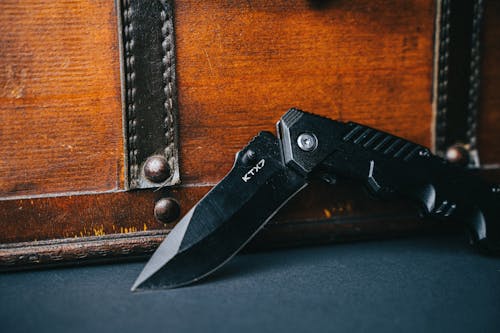
Those knives with compasses, fishing hooks, and tiny saws built into the handle look cool in movies. In reality, they’re a jack of all trades and master of none. The blade is often weaker because of the hollow handle, which means it won’t stand up to real outdoor use. When your knife fails, everything else packed inside is pointless.
The added “features” are usually cheap gimmicks. The compass rarely points north accurately, the fishing gear is flimsy, and the mini saw is practically useless. A solid, full-tang knife does the job far better. Off-grid living is about durability, not flashy extras.
6. Battery-Powered Fans
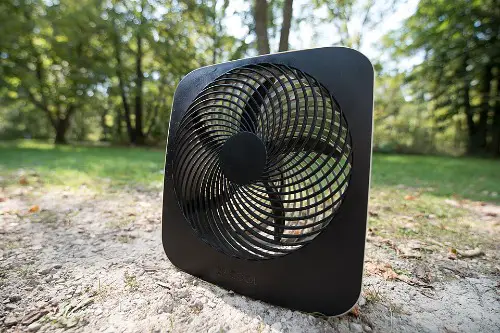
When the summer heat gets brutal, a fan feels like a lifesaver. But battery-powered fans drain through their energy supply so fast that they quickly become more stress than relief. Even rechargeable versions are a problem if your solar setup is limited. Suddenly, you’re prioritizing fan time over charging essentials like lights or tools.
Fans are also not as effective as simple low-tech cooling strategies. Shade, natural ventilation, and evaporative cooling with damp cloths go much further without draining your resources. A fan might buy you an hour of comfort, but then it leaves you with dead batteries. That’s not sustainable off the grid.
7. Handheld Water Purifiers with UV Light
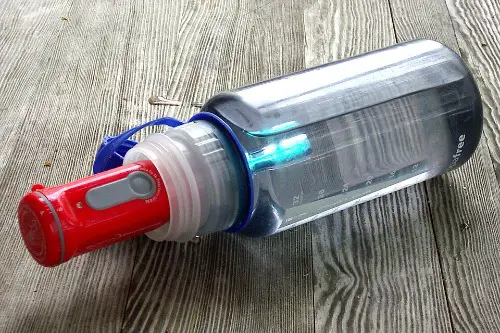
UV light pens for water purification are often marketed as high-tech lifesavers. They can kill many pathogens, but they rely on batteries or USB charging, which isn’t ideal off-grid. If your power runs out or the bulb breaks, you suddenly don’t have safe water. That’s a major risk when hydration is non-negotiable.
They also don’t remove sediment or improve taste, so murky water stays murky. You often need to pre-filter anyway, doubling the work. Simpler solutions like ceramic filters or boiling are harder to break and easier to maintain long-term. Technology isn’t always the safer bet.
8. Manual Coffee Grinders with Tiny Capacities

For coffee lovers, manual grinders feel like a comforting compromise. But many portable models only grind a tablespoon or two at a time. That means endless cranking before you even get a full mug. It’s fine for a weekend trip, but daily use quickly becomes exhausting.
The small size also means they’re not efficient for households with multiple coffee drinkers. The burrs wear out fast, especially if you’re grinding coarser beans for French press or percolators. In the long run, a sturdier grinder or even a mortar and pestle holds up better. When you’re living off-grid, every tool needs to pull its weight.
9. Survival Food Bricks
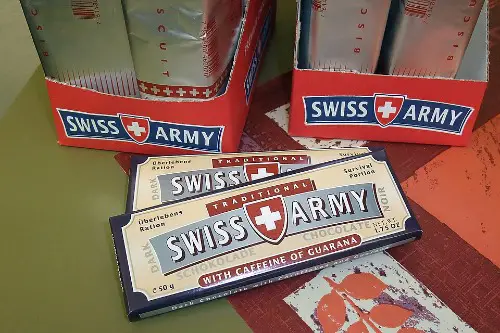
Those dense “survival ration bars” are designed for emergencies, not everyday meals. Eating them for more than a day or two is unpleasant, both in taste and digestion. They’re calorie-dense but don’t offer balanced nutrition. Relying on them too heavily off-grid leads to fatigue and digestive issues.
They also take up valuable storage space for something you’ll probably avoid eating unless absolutely desperate. Real, varied food—grains, beans, dried veggies—stores better and supports health long-term. The bars might seem practical at first, but they’re not a substitute for actual meals. Your body needs more than just calories.
10. Solar Ovens
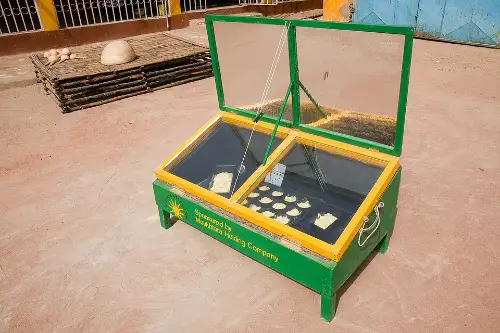
Cooking with the sun sounds sustainable, but solar ovens come with big limitations. They require direct, uninterrupted sunlight, which isn’t always reliable. Even in perfect conditions, cooking takes hours longer than conventional methods. That’s a problem if you need a quick meal or if weather changes suddenly.
The ovens are also bulky and fragile. Setting one up properly can be a hassle, and if wind or shadows interfere, you lose progress. For long-term off-grid life, firewood or rocket stoves are more consistent. Solar ovens end up being more of a novelty than a daily solution.
11. Collapsible Buckets

Collapsible buckets save space, but they trade durability for convenience. They’re prone to leaks and tears, especially when carrying anything heavy. If you’re hauling water daily, a weak seam is the last thing you want. One rip, and your water-hauling solution is useless.
They also struggle with standing upright when full, leading to spills. In cold climates, the flexible material can stiffen and crack. A sturdy metal or rigid plastic bucket, while bulkier, can last for decades. Off-grid living rewards durability over compactness every time.
12. High-Tech Multitools
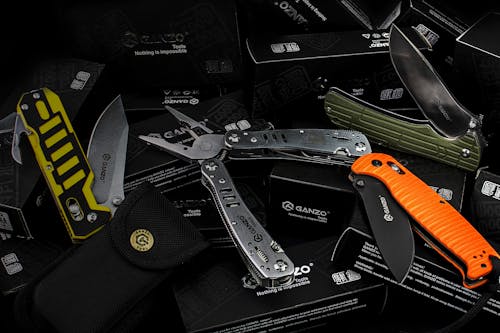
Multitools promise dozens of functions in one sleek package. In practice, most of the tools are undersized, uncomfortable, or too flimsy for real work. Pliers bend, screwdrivers strip, and saws barely scratch wood. You end up frustrated and still needing the real tools.
Carrying individual sturdy tools is heavier, yes, but they actually get the job done. When you’re relying on your gear for survival, reliability trumps convenience. A multitool is fine for the occasional repair, but not as your primary toolkit. Off-grid life demands full-sized strength.
13. Camp Hammocks with Built-in Everything
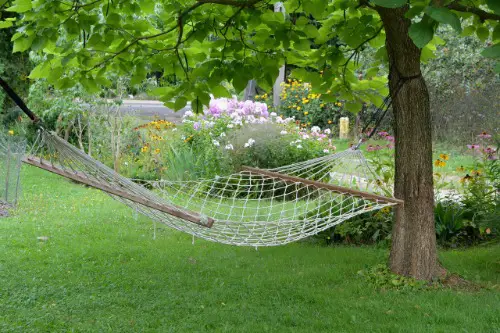
Hammocks with mosquito nets, rain covers, and built-in storage look like the ultimate all-in-one solution. But they’re uncomfortable for long-term sleeping, especially in colder weather. You’re more exposed to drafts, and insulation is a real challenge. Without the right setup, you’ll wake up stiff and freezing.
They also require strong anchor points, which aren’t always available in open terrain. If you’re off-grid in an area without trees, they’re essentially useless. A simple tent offers more versatility and better weather protection. Hammocks are fun for lounging, not a permanent bed.
14. Crank-Powered Flashlights
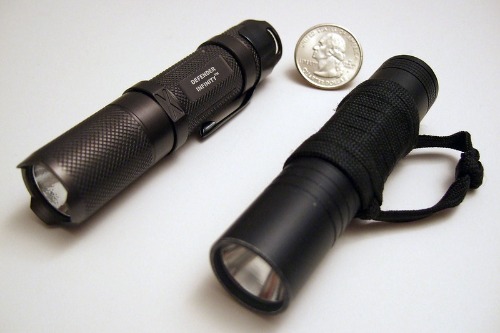
The idea of never needing batteries sounds great, but crank-powered flashlights don’t live up to the promise. A full minute of cranking usually gets you just a few minutes of dim light. That’s not very helpful when you need reliable illumination for chores or emergencies. Over time, the internal parts wear out too.
Rechargeable LED lanterns powered by a solar panel are far more practical. They give steady light and recharge during the day without effort. Crank flashlights end up as backup items at best, not a main light source. In daily off-grid living, you’ll want something much more reliable.
15. DIY Off-Grid Toilets with No Planning
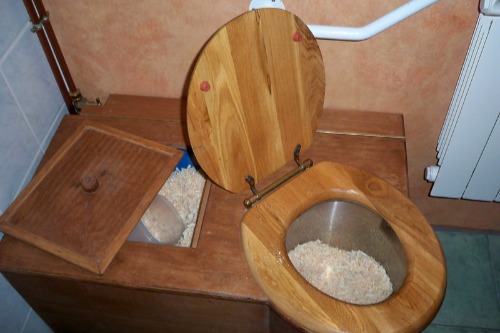
Improvised “just dig a hole” toilet setups seem like the quick solution. But without careful planning, they can contaminate water sources and create serious hygiene issues. They also attract pests and create unpleasant living conditions. That’s a problem that grows quickly when multiple people are involved.
A properly built composting toilet or even a thoughtfully dug latrine is far safer and more sustainable. They take more effort upfront but save endless headaches later. Off-grid life requires balancing independence with sanitation. Cutting corners on this one makes life harder, not easier.
This post 15 Off-Grid “Essentials” That Make Life Harder, Not Easier was first published on Greenhouse Black.
